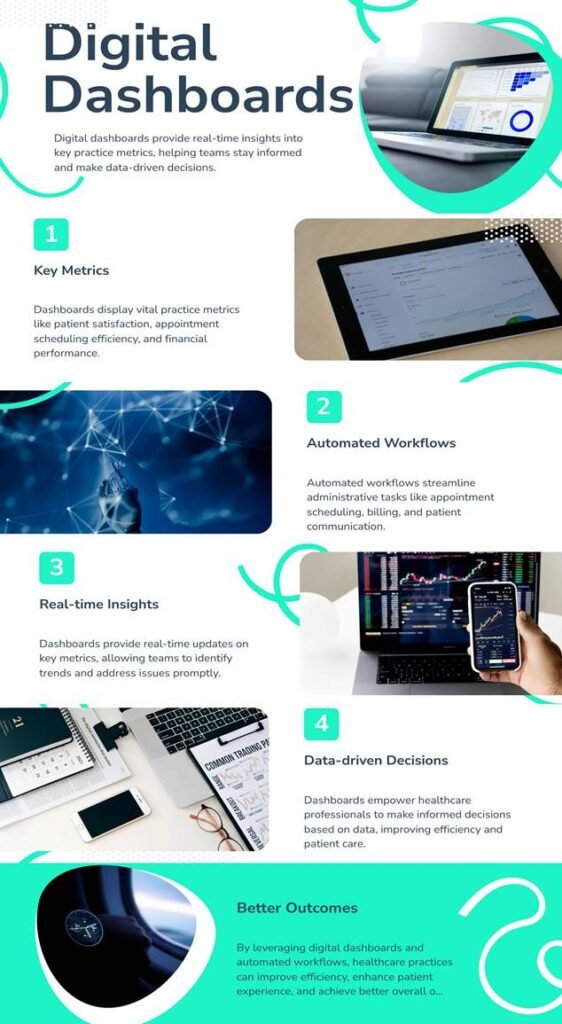The landscape of medical administration is undergoing a remarkable transformation. Gone are the days when running a medical practice meant mountains of paperwork and endless hours of administrative tasks. Today’s healthcare providers are embracing innovative solutions that streamline operations and enhance patient care simultaneously.
The Digital Revolution in Healthcare Administration
The pandemic has accelerated what was already becoming clear: virtual solutions aren’t just convenient – they’re essential. Medical practices are discovering that virtual administrative support can significantly improve their efficiency while reducing overhead costs.

Fig : Doctor’s work being distributed
Virtual Medical Secretaries: The New Normal
Think of a virtual medical secretary as your practice’s digital backbone. These skilled professionals handle crucial administrative tasks remotely, offering flexibility and efficiency that traditional setups can’t match. The impact on modern medical practices has been transformative:
- Real-time appointment management and scheduling optimization
- Seamless patient communication across multiple channels
- Professional documentation and record-keeping
- Efficient billing and insurance coordination
- Virtual front desk management
Practice Management Software: Beyond Basic Organization
Modern practice management software has evolved far beyond simple scheduling tools. Today’s solutions offer comprehensive practice oversight and management capabilities that were unimaginable just a few years ago.
Integrated Solutions for Modern Practices
The most effective practice management platforms now incorporate:
- Artificial Intelligence for predictive scheduling
- Automated patient reminders and follow-ups
- Integrated telehealth capabilities
- Advanced analytics for practice optimization
- Secure patient data management

The Rise of Digital Patient Engagement
Patient expectations have evolved dramatically in recent years. Today’s healthcare consumers expect the same digital convenience in managing their health as they do in other aspects of their lives. This shift has led to innovative approaches in patient communication and engagement.
Social Media and Digital Marketing
The healthcare sector is recognizing the power of social media not just for marketing, but as a vital tool for patient education and community building. Successful practices are using these platforms to:
Share valuable health information and updates
Build trust through transparency and engagement
Showcase their expertise and services
Connect with patients on a more personal level
Educate about preventive care and wellness
Future Trends Shaping Medical Administration
As we look ahead, several key trends are emerging that will shape the future of medical administration:
Artificial Intelligence and Automation
AI is revolutionizing administrative tasks by:
- Predicting patient no-shows
- Optimizing appointment scheduling
- Automating routine communications
- Assisting with documentation
- Managing inventory and supplies
Remote Work Integration
The healthcare sector is increasingly embracing remote work solutions, particularly in administrative roles. This shift offers numerous benefits:
- Access to a wider talent pool
- Reduced overhead costs
- Increased operational flexibility
- Enhanced work-life balance for staff
- Improved service availability
Making the Transition
For practices considering the move to virtual administrative solutions, success lies in careful planning and implementation:
- Start with a needs assessment
- Choose scalable solutions
- Invest in staff training
- Maintain clear communication
- Monitor and adjust as needed
The Human Touch in Digital Healthcare
While technology drives many changes in healthcare administration, the human element remains crucial. Virtual solutions work best when they enhance rather than replace personal interactions, creating a balance that benefits both practitioners and patients.
Looking Ahead
The future of medical administration lies in finding the right balance between technological efficiency and personal care. Practices that embrace these changes while maintaining focus on patient care will be best positioned for success in the evolving healthcare landscape.
